- Climate change is expected to push people away from uninhabitable rural areas and into cities.
- For example, The World Bank predicts the urban population of Ethiopia to triple to 42.3 million by 2037.
- A recent investigation by ProPublica and The New York Times Magazine said that overcrowded cities can lead people to “congregate in slums with little or electricity” which “fuel extremism and chaos.”
- Economic anthropologist Jason Hickel told Insider in an email that “parts of the world that are being most heavily impacted by climate change are the parts of the world that have done the very least to cause it.”
- Here’s a look into what rapid urbanization looks like in Ethiopia’s capital and largest city, Addis Ababa.
- Visit Insider’s homepage for more stories.
Floods, droughts, and food insecurity from climate change are expected to propel people vast populations of people to migrate away from rural areas to cities.
In Ethiopia, for example, data from the country’s central statistics agency predicts the urban population to triple to 42.3 million by 2037, according to a report from the World Bank. The country is undergoing “rapid urbanization,” where the labor force has doubled in the past two decades and is predicted to rise even more to 82 million by 2030, the report says.
A recent deep investigation by ProPublica and The New York Times Magazine warned of the devastating consequences of extremely rapid urbanization, pointing out how overcrowded cities can prompt people to “congregate in slums with little or electricity” which “fuel extremism and chaos.”
Because of the country’s massive population influx, Ethiopia’s capital and largest city, Addis Ababa, has been going through that kind of rapid urbanization. Here’s what the city looks like, through photos.
Climate change has led to problems that may force millions of people to abandon their homes to migrate into cities and eventually cross national borders.
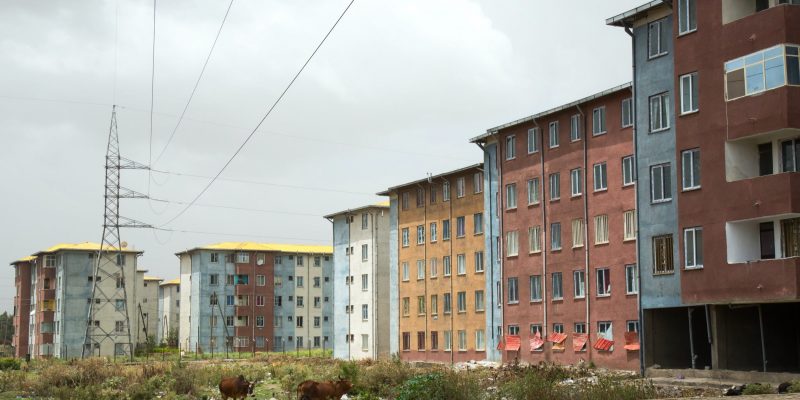
Economic anthropologist Jason Hickel told Insider in an email that "droughtsand floods caused by climate change" have already made some rural regions of the world "virtually uninhabitable."
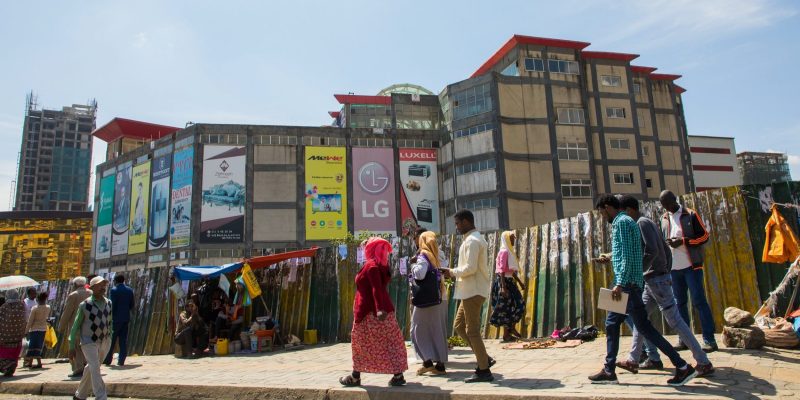
According to Hickel, these unsustainable conditions of living force "people to abandon their land and search for wages in cities."
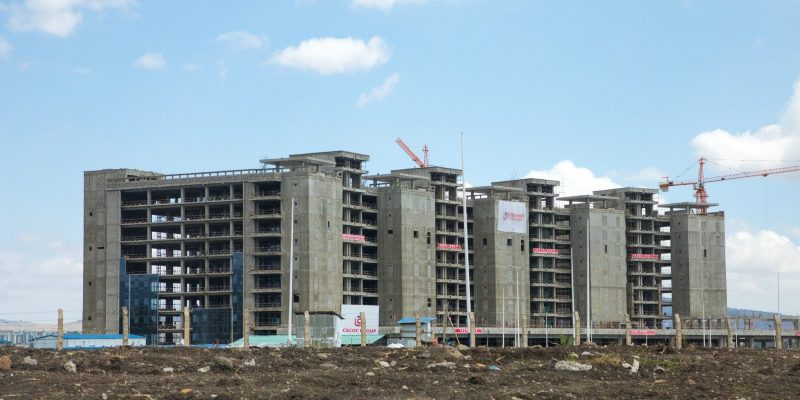
In Ethiopia, 30% of the population might live in urban areas by 2028, based on the rate of urbanization, according to The World Bank.
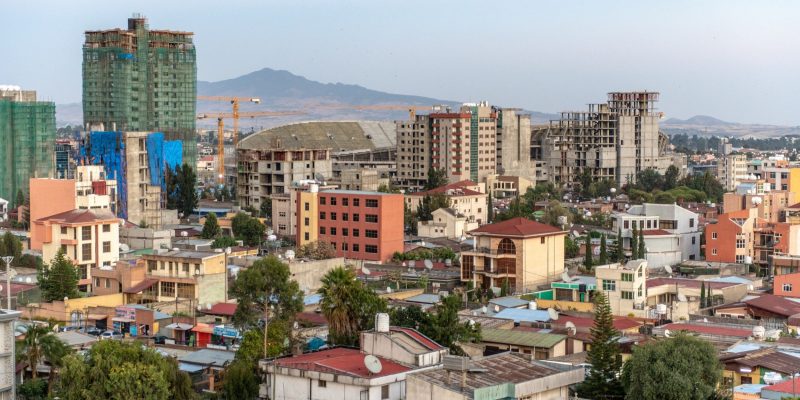
Source: The World Bank
Rapid urbanization can push people to congregate in slums. Around 40 percent of global urban expansion may be in slums, according to a 2017 report published by the UN.
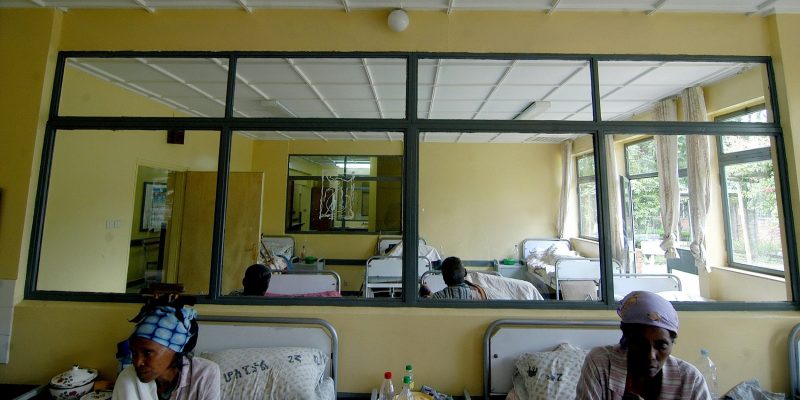
Source: United Nations Development Programme Human Development Reports
Hickel says the rise of slums "is a recipe for poverty, political instability andsocial unrest."
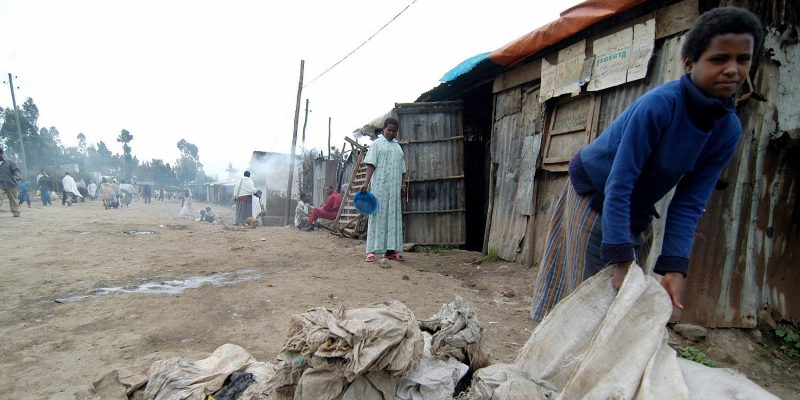
In addition, rapid urbanization tasks communities with the challenges of meeting the large increase in demands for work.

The World Bank reported that in Ethiopia, the labor force has doubled in the past two decades.

Source: The World Bank
The World Bank reported that Ethiopia will need to create around one million more urban jobs per year between 2019 to 2035 in order to maintain and reduce the current level of unemployment.

Source: The World Bank
Hickel told Insider that what's happening in Ethiopia is "a portent of more to come." Without radical efforts to reduce global emissions, he says the problem will only get worse.

A recent investigation by ProPublica and The New York Times Magazine used data to predict migration from climate change.
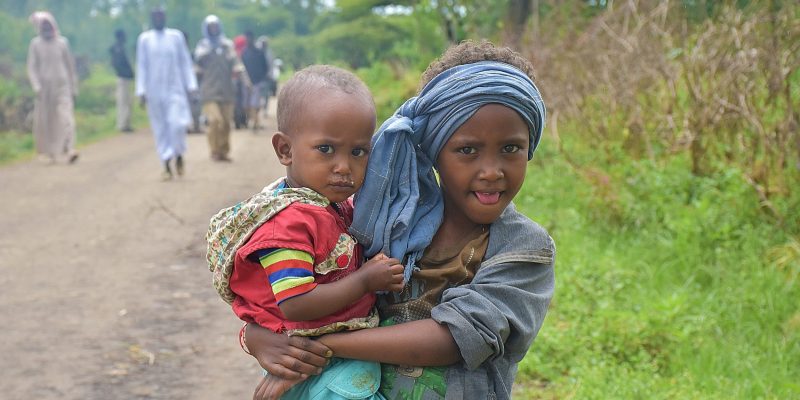
Source: ProPublica and The New York Times Magazine
While nothing their model is "far from definitive," they concluded it was clear that "climate change, currently a subtle disrupting influence, becomes a source of major disruption, increasingly driving the displacement of vast populations."

The late Oxford environmentalist Norman Myers estimated that by 2050 an estimate of 200 million people may have to migrate because of climate change.
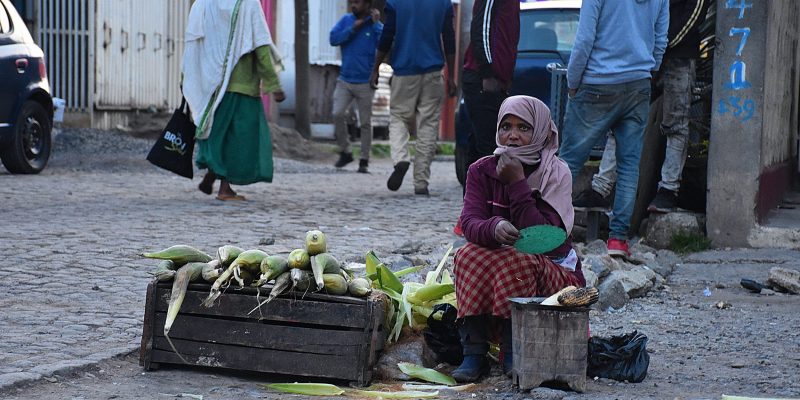
Source: Philosophical Transactions of the Royal Society
Hickel says that "parts of the world that are being most heavily impactedby climate change are the parts of the world that have done the veryleast to cause it" and that ensuring everyone has "the right to access safe and habitable parts of the planet" should be a "defining struggle" of the 21st century.
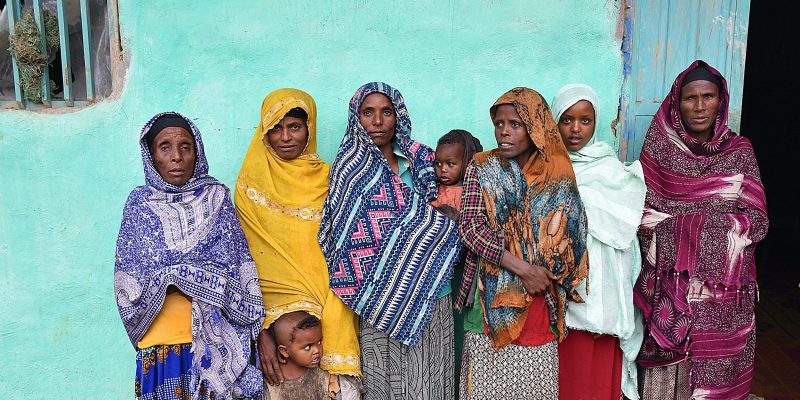
10 countries contribute to more than 68% of all greenhouse gas emissions around the world. The US, counting for 13%, comes second to China (26%) and before the EU overall (7.8%).
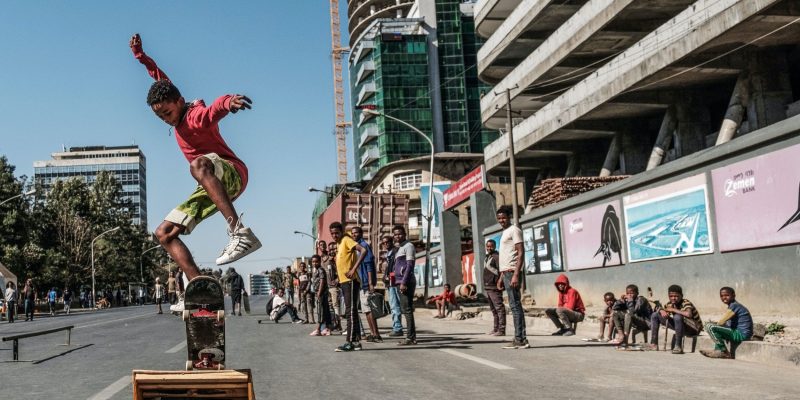
Source: World Resources Institute
The sustainability and safety of communities like Addis Ababa depend on the decisions other countries make to respond to climate change and migration.
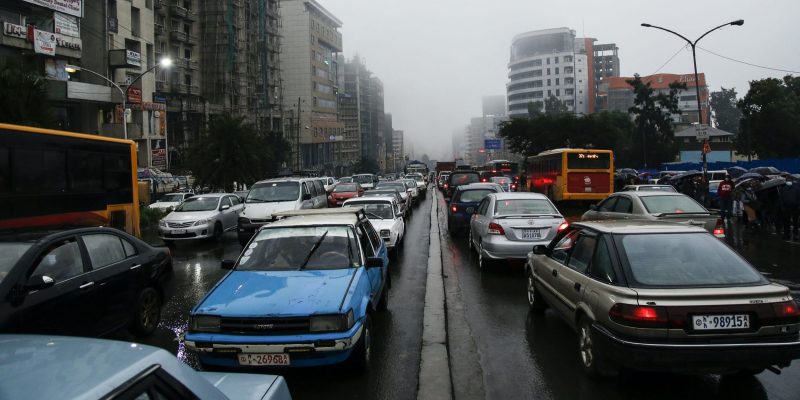
If the US and other developed nations "refuse to welcome migrants but also fail to help them at home" the impact could be devastatingly "lethal," according to ProPublica and The NY Times Magazine.
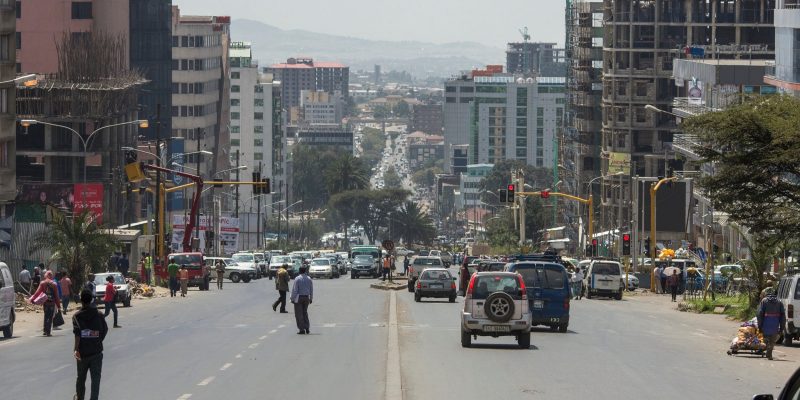
Source: ProPublica and The New York Times Magazine
In 2019, the African Development Bank President Akinwumi Adesina said "Africa shouldn't be in a situation wherein it is begging" for the financial support necessary to contend with climate change. "There has to be climate justice," Adesina said.

Source: The Associated Press
Hickel told Insider that the "existing approach to aid is not a meaningful solution," and said that wealthy nations contributing disproportionately to the "climate breakdown" must stop using fossil fuels and provide "reparations" to vulnerable countries.
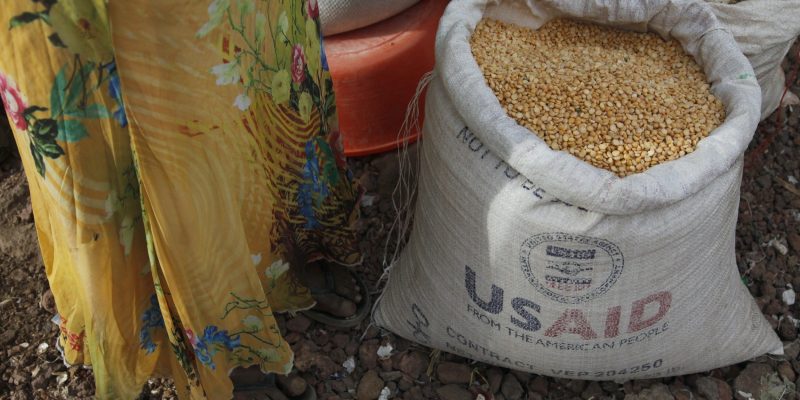
The coronavirus pandemic poses yet another set of challenges to Addis Ababa. Ethiopia has a total of 20,900 confirmed cases so far according to Johns Hopkins University.

Source: Johns Hopkins University
Read more:
- Painfully slow hurricanes, deadly heat, and cities without water: What the climate crisis will look like in the next 10 years, according to experts
- A few climate models are now predicting an unprecedented and alarming spike in temperatures - perhaps as much as 5 degrees Celsius
- What Earth might look like in 80 years if we're lucky - and if we're not
- Yes, the climate has changed before. But warming has never hit the entire planet at once the way it is now, new research shows.
